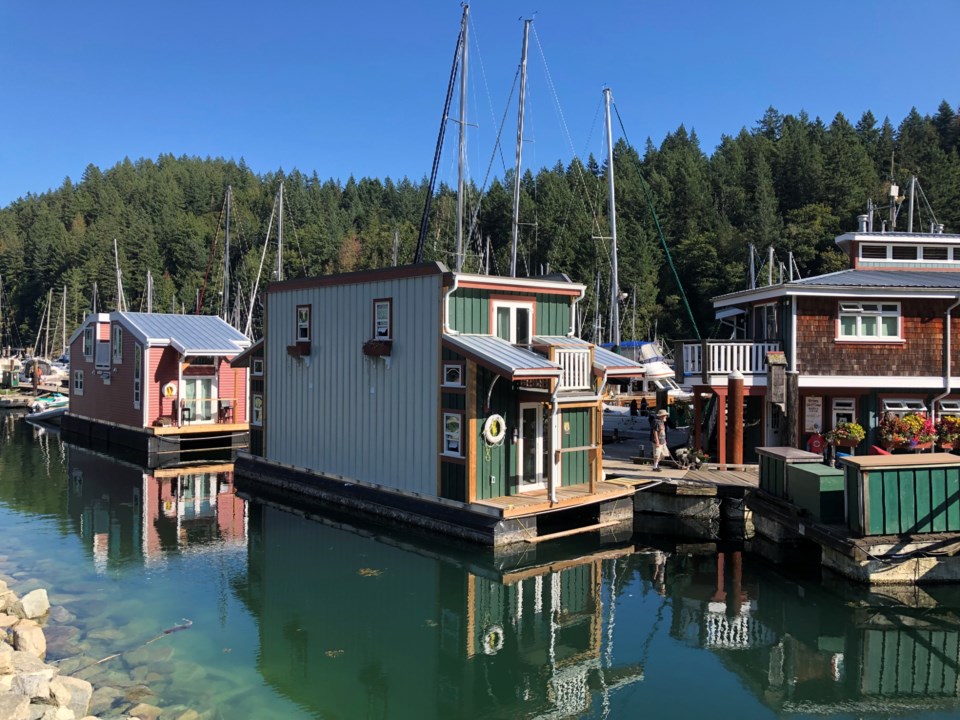If our collective world wisdom can launch rockets that fly faster than the speed of sound, create driverless cars and invent life-saving medical marvels,surely we can find a way to cure the housing crisis. And, as Albert Einstein famously said, “We can't solve problems by using the same kind of thinking we used when we created them.”
In a region where we have too few homes for a growing population, we must consider some fundamental changes in traditional thinking about how we work, commute and, yes, create housing.
Traffic congestion costs an estimated $1.5 billion to the Metro Vancouver economy, which includes delayed commercial goods, health issues, increased greenhouse gases and lost employee productivity.
The Greater Vancouver Board of Trade’s More Homes More Choices 2019 Housing report says 73 per cent of employers reported “that housing affordability has affected their ability to recruit and retain employees.” Further, it adds, “37 per cent of businesses are considering relocating from the region.”
These realities have many companies searching for solutions. By embracing telecommuting, it is possible to avoid many of these pain points around staff commutes, employee housing and the need for more costly office space. For example, Jill Schnarr, VP of corporate citizenship and communications at Telus, recently spoke at an Urban Development Institute event, advising that 70 per cent of the firm’s 26,000 Canadian employee workforce, including approximately 9,000 staff in Vancouver, are “mobile or working from home.”
The telecommuting trend is growing. CBC reported a Statistics Canada study that found “more than 1.7 million paid employees — those not self-employed — worked from home in 2008 at least once a week, up almost 23 per cent from the 1.4 million in 2000.” That same study stated “self-employed work from home participation rate climbed from 54 per cent in 2006 to 60 per cent in 2008, for a total of 1.8 million workers.”
Increasingly, apartment builders are catering to home-workers by integrating more shared workspaces for residents. These areas, featuring sophisticated audio-visual equipment, high-speed wireless internet and even coffee bars, are becoming the “home offices” of the future. In a blog post, real estate marketing group Rennie says these collaborative spaces “give you an opportunity to interact with other professionals in the area,” mitigating some of the social isolation of working from home.
While telecommuting can be effective for tech industries and many home-based businesses, that doesn’t work for Bowen Island’s Union Steamship Co. Resort. They rely on as many as 90 summer staff to operate the boat marina and Doc Morgan’s restaurant/pub. With very few rental homes available, the resort owners created their own workforce housing.
They launched two prefabricated floating duplexes, housing up to two staff on each side with plans for five more, including quadplexes, once they obtain provincial permits they hope will come soon. “We had a certain pool of people on the island who want to work in a restaurant, but had to pull many (staff) from the mainland,” said general manager Oydis Nickle. “They couldn’t find somewhere to live.”
The experience at Union Steamship is a world away from the telecommuting trend at Telus. But they share one striking similarity: Both companies are using innovative thinking to adapt to change. No single factor caused the housing crisis we are in – and no single solution will solve it.
Solutions will come when we innovate, think creatively, and work toward providing quality homes to rent or buy for our growing population.
Anne McMullin is president and CEO of the Urban Development Institute, a non-profit and non-partisan industry association of the residential, commercial and industrial builders



